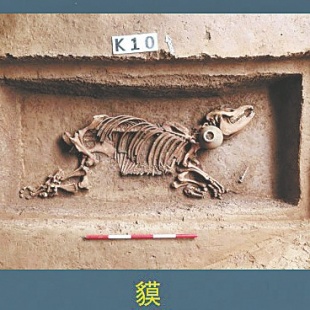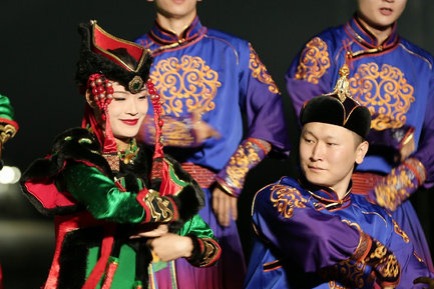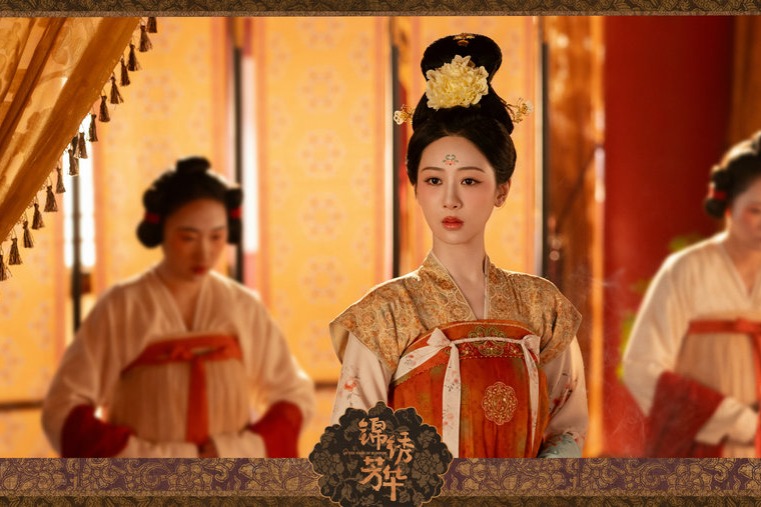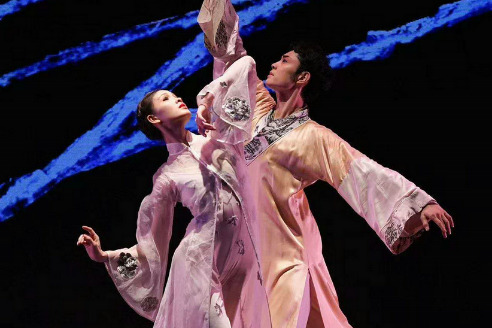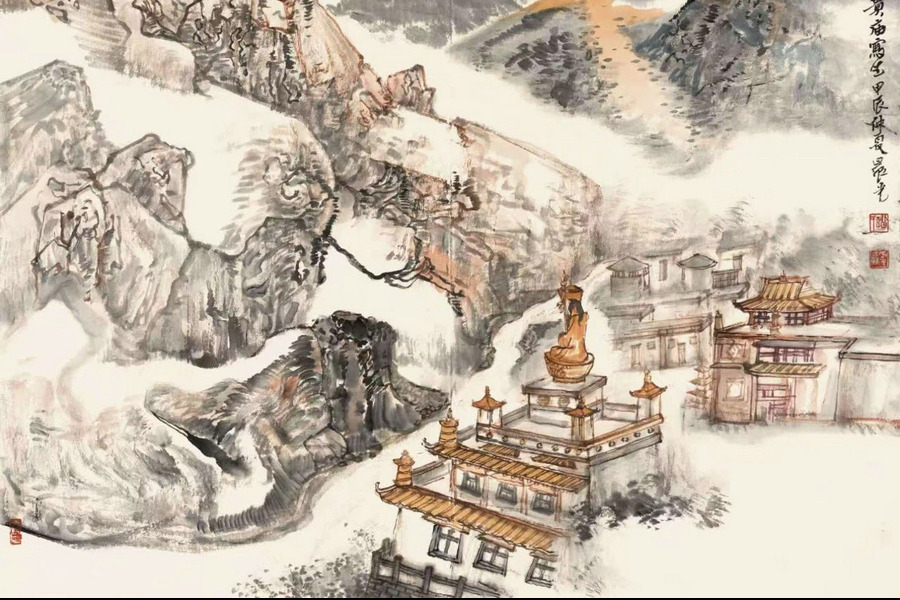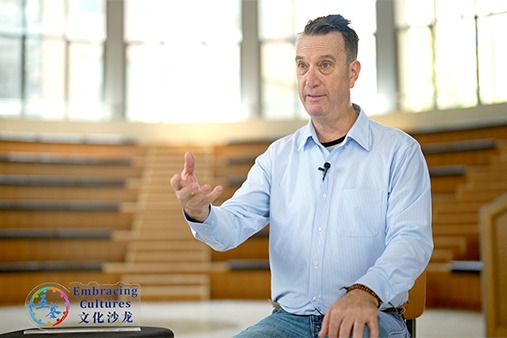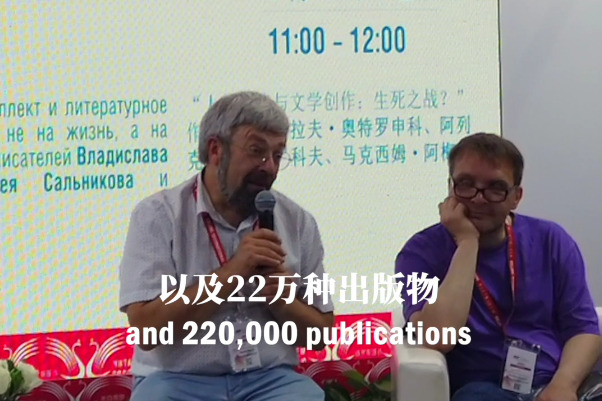Imperial sacrifices reveal intriguing facts


Remains of rare animals, including pandas, found at Han Dynasty tomb hint at changes to climate, environment, Wang Ru reports.
Early in August, a hashtag about panda remains found in Xi'an, Shaanxi province in one of the sacrificial pits dug for Emperor Wen of the Han Dynasty (206 BC-AD 220) went viral on Sina Weibo, China's popular micro-blogging platform. A lot of people expressed surprise that pandas existed 2,000 years ago.
"It seems that people are viewing the find from a modern perspective," says Hu Songmei, a researcher with the Shaanxi Academy of Archaeology, who studies animal archaeology.
"The panda is now considered a national treasure, with only a small number existing in the world, and it attracts a lot of attention.
"But in the past, the climate and environment were more suitable. As a result, there would have been more pandas, and they were probably not as valued as they are today," she adds.
There are actually more important findings from the sacrificial pits dug for Emperor Wen and his mother Empress Dowager Bo, which were excavated in 2021-22 and 2020-22, respectively, including the bones of 40 high-value animals, pottery and figurines.
Hu says that although it is not permissible to actively excavate imperial tombs in China, researchers can examine their sacrificial pits to find out more about them.
In 2021, the National Cultural Heritage Administration announced that the Jiangcun Grand Tomb in Xi'an, a large mausoleum found many decades ago, but whose occupant had yet to be identified, was the resting place of Emperor Wen. The tomb is referred to as "Baling" in historical records.
The announcement came as a surprise, as ancient sources seemed to suggest that Baling was in a different location, about two kilometers away from the tomb.
Emperor Wen's mother and wife are also buried nearby. So far, researchers have found over 100 sacrificial pits for the emperor, and around 380 for his mother. The mother's tomb is referred to historically as "Nanling".
Hu says the pits that have already been excavated contain the remains of animals, and that those dug for the emperor seem to be larger than those for his mother. While there is no clear reason why this should be the case, it is possible that larger pits were deemed more commensurate with the emperor's elevated status.
This is not the first time that panda remains have been found in a sacrificial pit. In 1975, excavations of one of the Empress Dowager Bo's pits also revealed traces of the animal, but as it had been broken into by grave robbers previously, only part of a single skeleton was intact.


